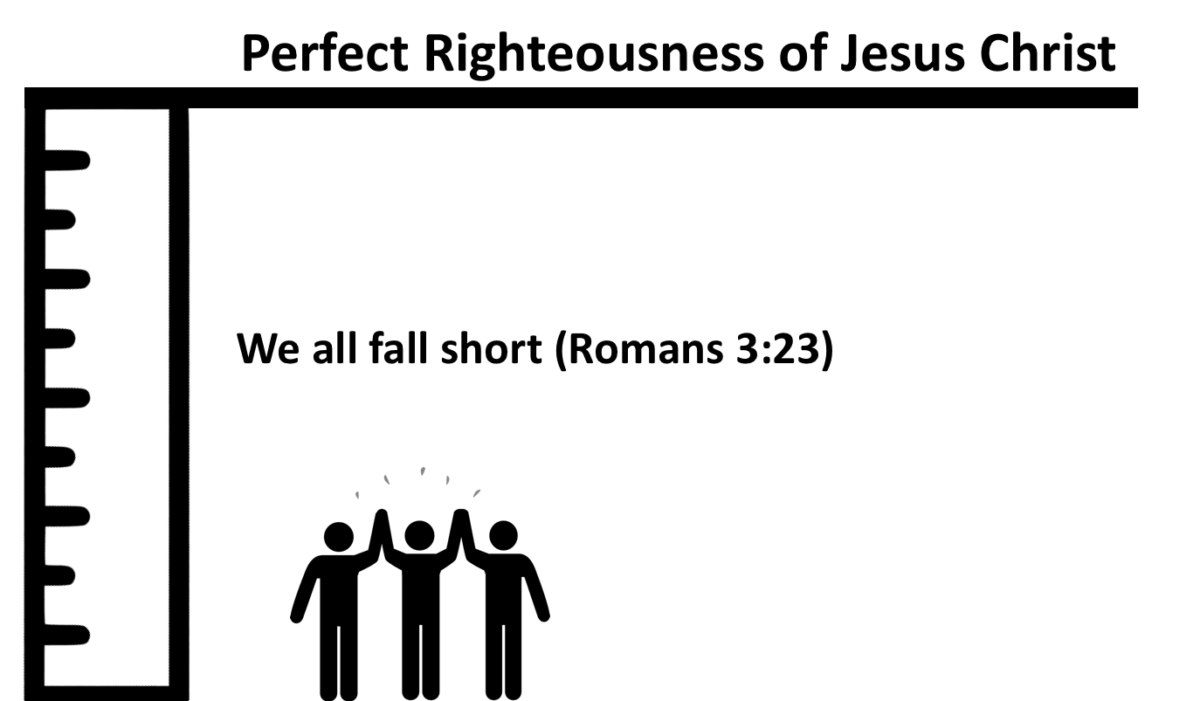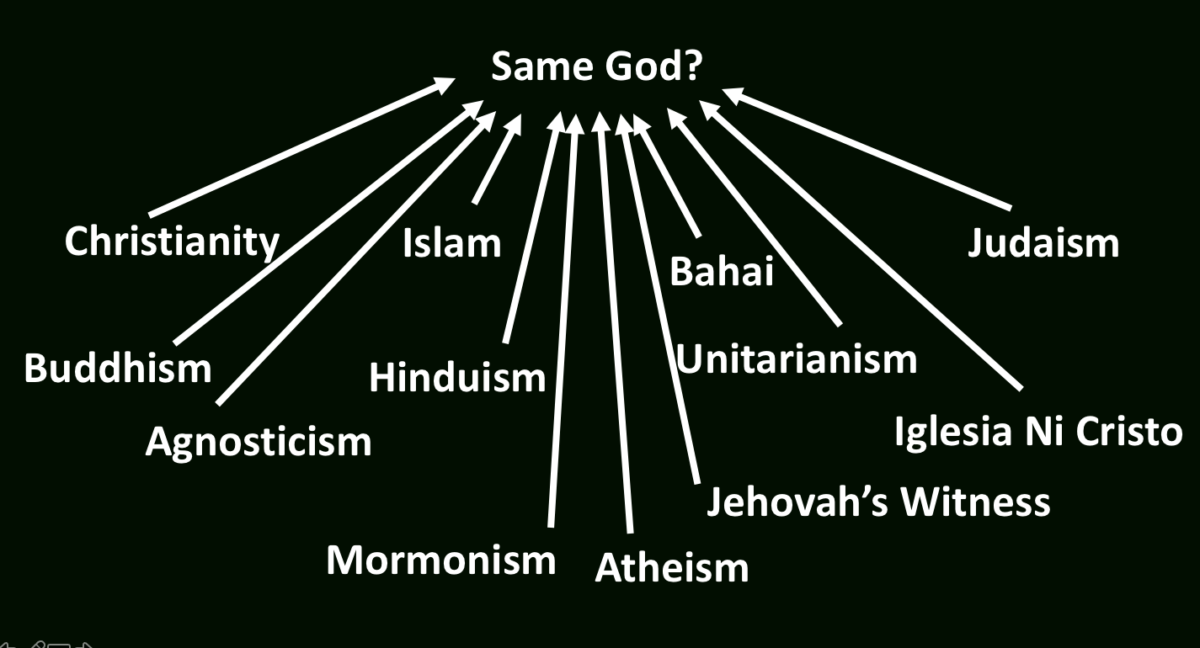“Then the men of Israel took some of their provisions; but they did not ask counsel of the Lord. So Joshua made peace with them, and made a covenant with them to let them live.” Joshua 9:14-15
After Israel had learned that obedience was necessary to experience victory at Jericho (6:1-27), they had another important lesson to learn. Not all of Israel’s enemies wanted to fight them. The Gibeonites were certain they could not defeat Israel, so they pursued peace with them. They approached Israel’s leaders pretending to come from far away to make a peace treaty with them (9:3-13). How did Israel’s leaders respond? “Then the men of Israel took some of their provisions; but they did not ask counsel of the Lord. So Joshua made peace with them, and made a covenant with them to let them live” (9:14-15). Their failure to seek God’s guidance in prayer led them to compromise God’s will.
If we do not pray as individual believers and as a church, we will become more vulnerable to Satan’s attacks (cf. Ephes. 6:10-13, 18). Prayer protects us from the deception and bondage of the devil.
However, when we do pray to God, nothing is impossible with God. We see this in the next chapter of Joshua. When Joshua needed more light to defeat the Amorites, he remembered God’s promise to deliver the Amorites into his hand (10:8) and prayed for the sun and moon to stand still: “Then Joshua spoke to the Lord in the day when the Lord delivered up the Amorites before the children of Israel, and he said in the sight of Israel: ‘Sun, stand still over Gibeon; and Moon, in the Valley of Aijalon’” (10:12). God supernaturally stopped the rotation of the earth so Israel could defeat its enemies: “So the sun stood still, and the moon stopped, till the people had revenge upon their enemies” (10:13).
Never underestimate what God can do through one person who prays (cf. James 5:17-18). As we preach the gospel to a lost world, keep this in mind when you need God to overcome your circumstances (cf. Acts 12:3-12; 13:4-12; Philippians 1:12-19), give you boldness in a fearful situation (cf. Acts 4:29, 31; Ephes. 6:18-20), or grant you favor with others (cf. Acts 1:14; 2:1, 41, 47; Col. 4:3). He still answers the prayer of faith.










